In a bold legislative move, Republican lawmakers have introduced the “Dismantle DEI Act,” targeting the elimination of all federal diversity, equity, and inclusion (DEI) programs.
This bill also proposes cutting off funding to any federal agency, contractor, school, or organization that supports its own DEI initiatives, reflecting a wider national shift against affirmative action policies.
Broad Republican Support for DEI Ban

Senator J.D. Vance, alongside fellow Republicans Bill Cassidy, Marsha Blackburn, Kevin Cramer, Eric Schmitt, Rick Scott, and numerous House members, is championing the bill.
Vance has made his stance clear: “I’m proud to introduce this legislation, which would root out DEI from our federal bureaucracy by eliminating such programs and stripping funding for DEI policies anywhere it exists.”
DEI and Affirmative Action Under Fire

Amid a backdrop of increasing challenges to DEI and affirmative action across the U.S., this bill emerges just as the Supreme Court has nullified affirmative action in college admissions.
The decision has ignited a chain reaction, prompting state legislatures nationwide to consider similar legislation.
Challenging Political Climate for the Bill
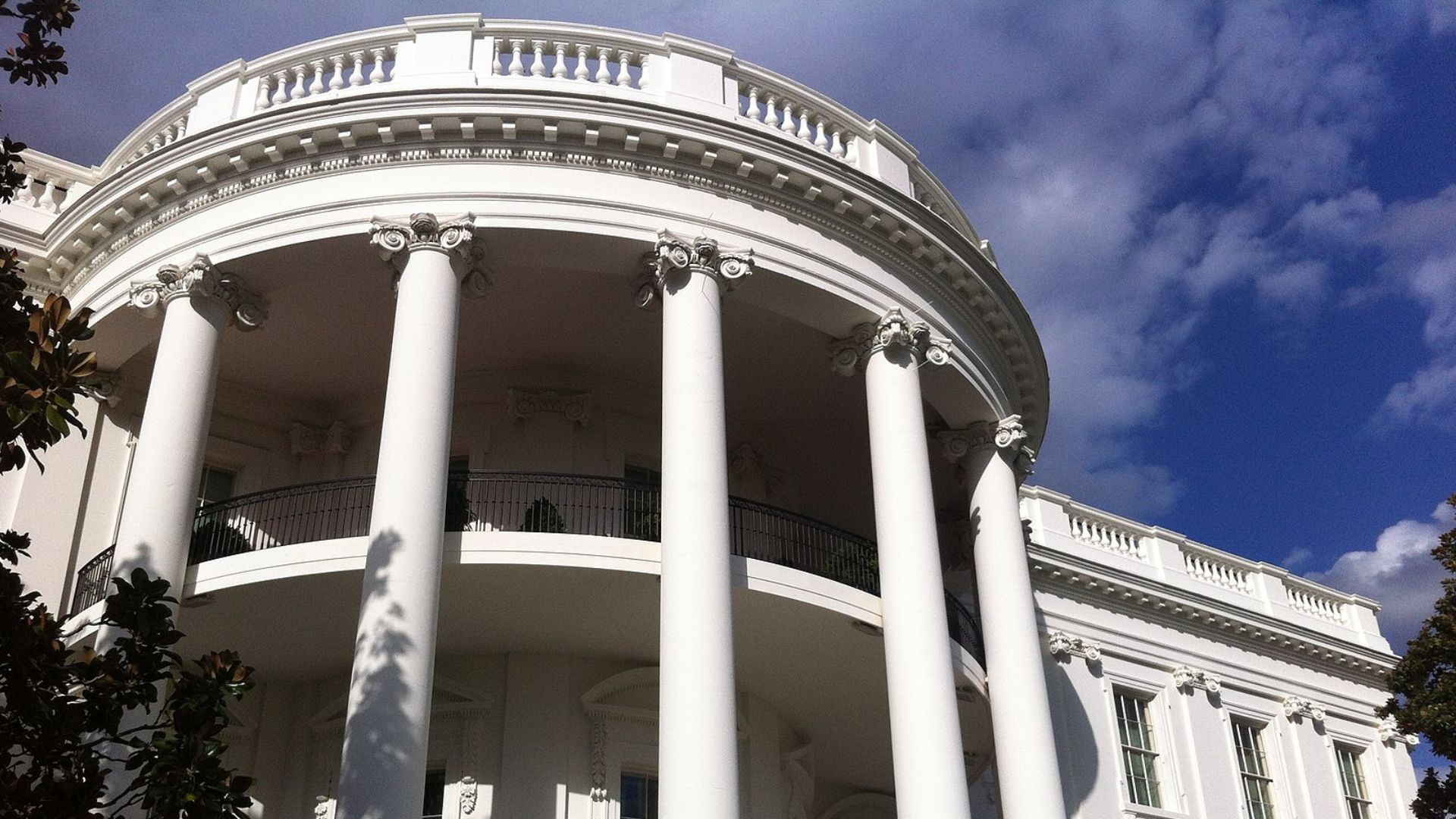
Spearheaded by Senator J.D. Vance, the bill faces an uphill battle for approval with Democrats controlling both the Senate and the White House.
Yet, it demonstrates a significant Republican pushback against current DEI policies.
Objectives of DEI Programs

Federal DEI programs aim to create inclusive and diverse environments within workplaces by promoting diverse hiring, mentoring minority groups, conducting anti-bias training, and forming employee resource groups.
These programs strive to equalize opportunities and representation across all sectors of government and business.
Republican Critique of DEI
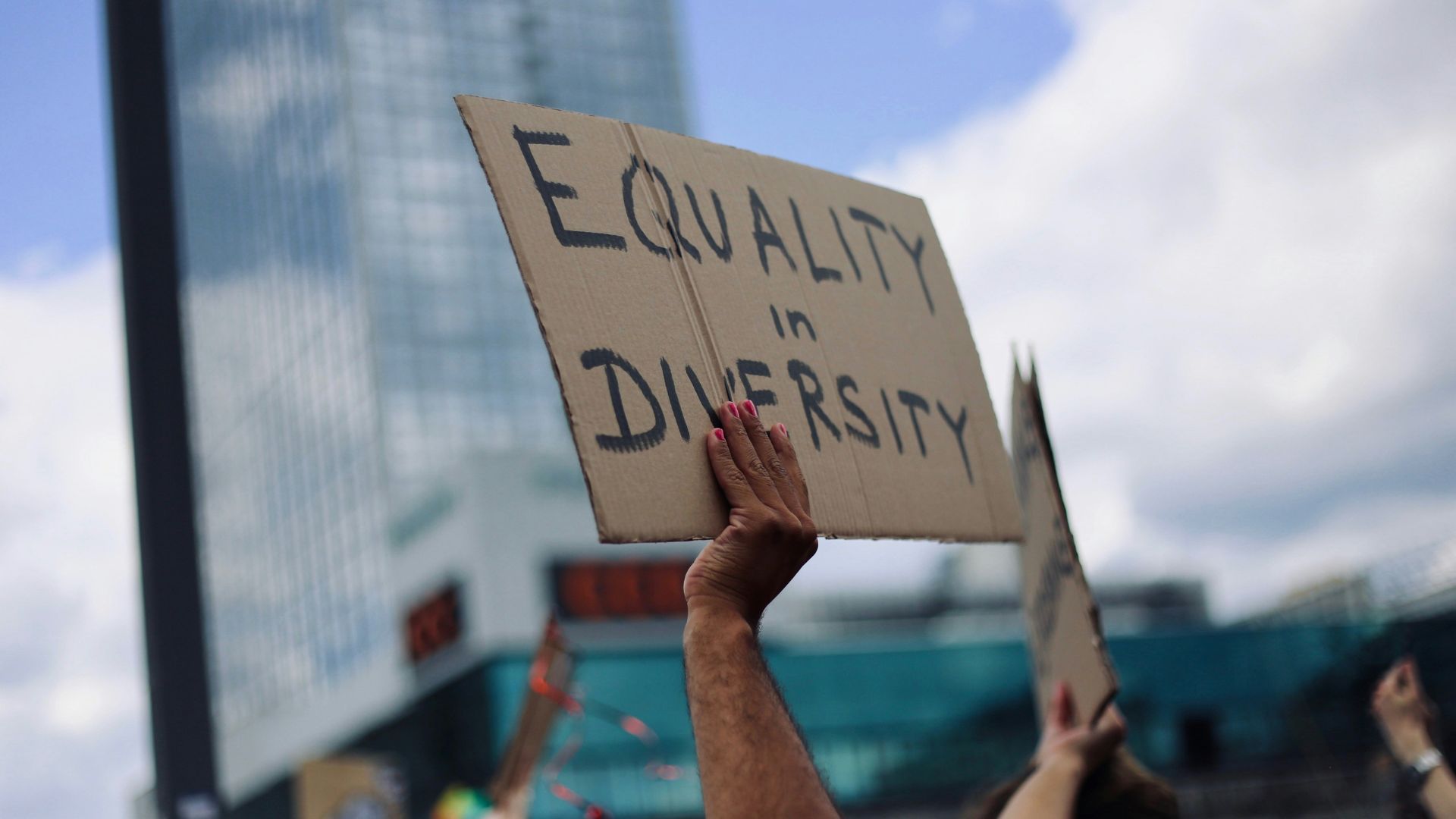
Many Republicans criticize DEI programs for allegedly instituting race and gender preferences, which they argue are discriminatory.
The bill seeks a comprehensive dismantling of these initiatives by removing their federal funding and institutional support.
Impact on Education

Should it pass, the bill would drastically influence educational institutions by forbidding DEI criteria in accreditation processes.
This could potentially alter academic standards and modify the operational frameworks of federally funded schools.
Rescinding DEI Executive Orders
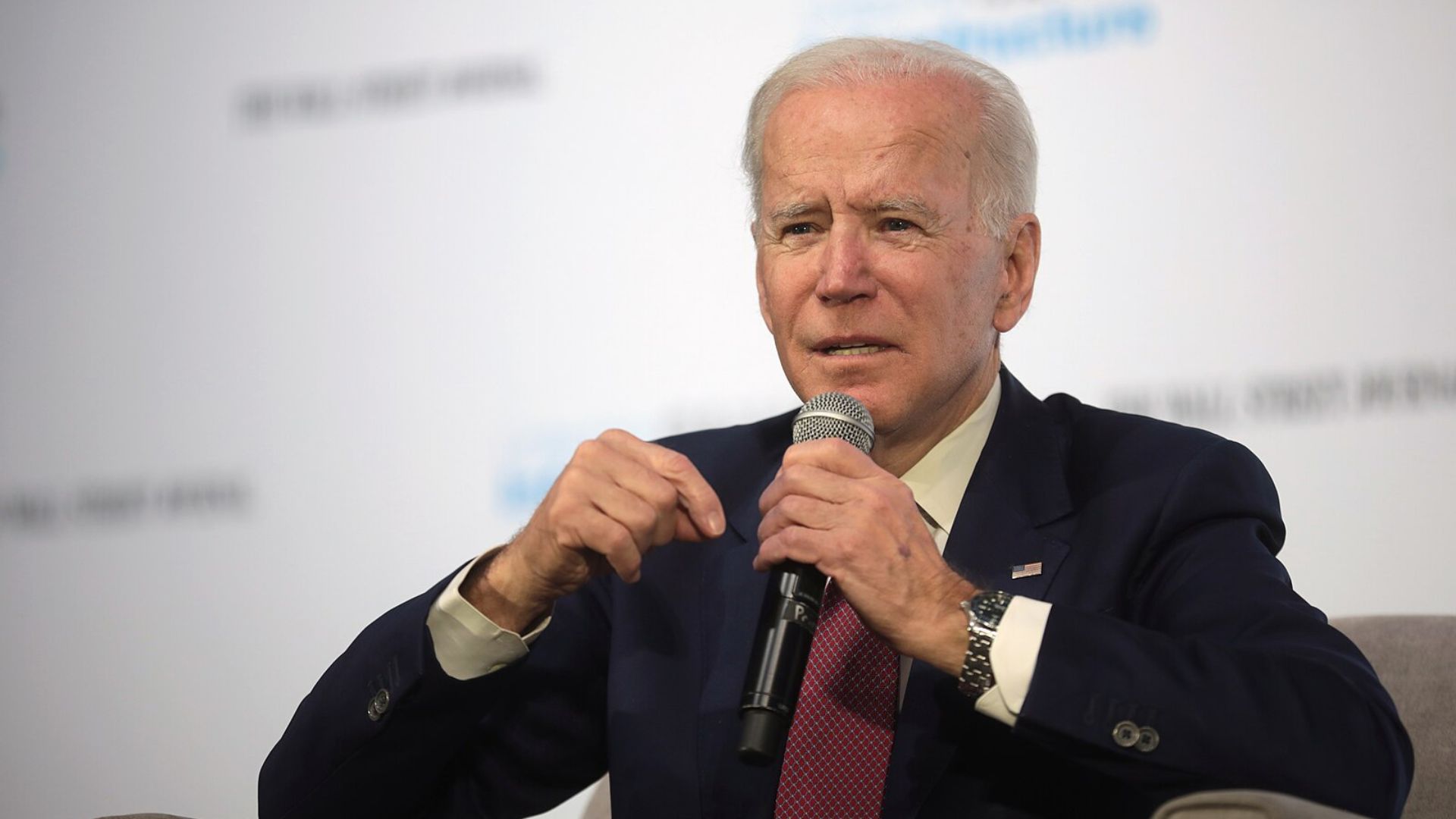
One of the bill’s targets includes the rescission of specific executive orders concerning DEI issued by President Biden in 2021.
These orders have been instrumental in promoting diversity and inclusion within the federal workforce, setting a precedent for employment practices.
Implications of Republican Control

The bill not only signals potential shifts in DEI policy but also serves as a gauge for the type of legislative actions that might prevail if Republicans were to regain control of the federal government.
It highlights the partisan debate over the role of such initiatives.
Cutbacks in DEI Initiatives
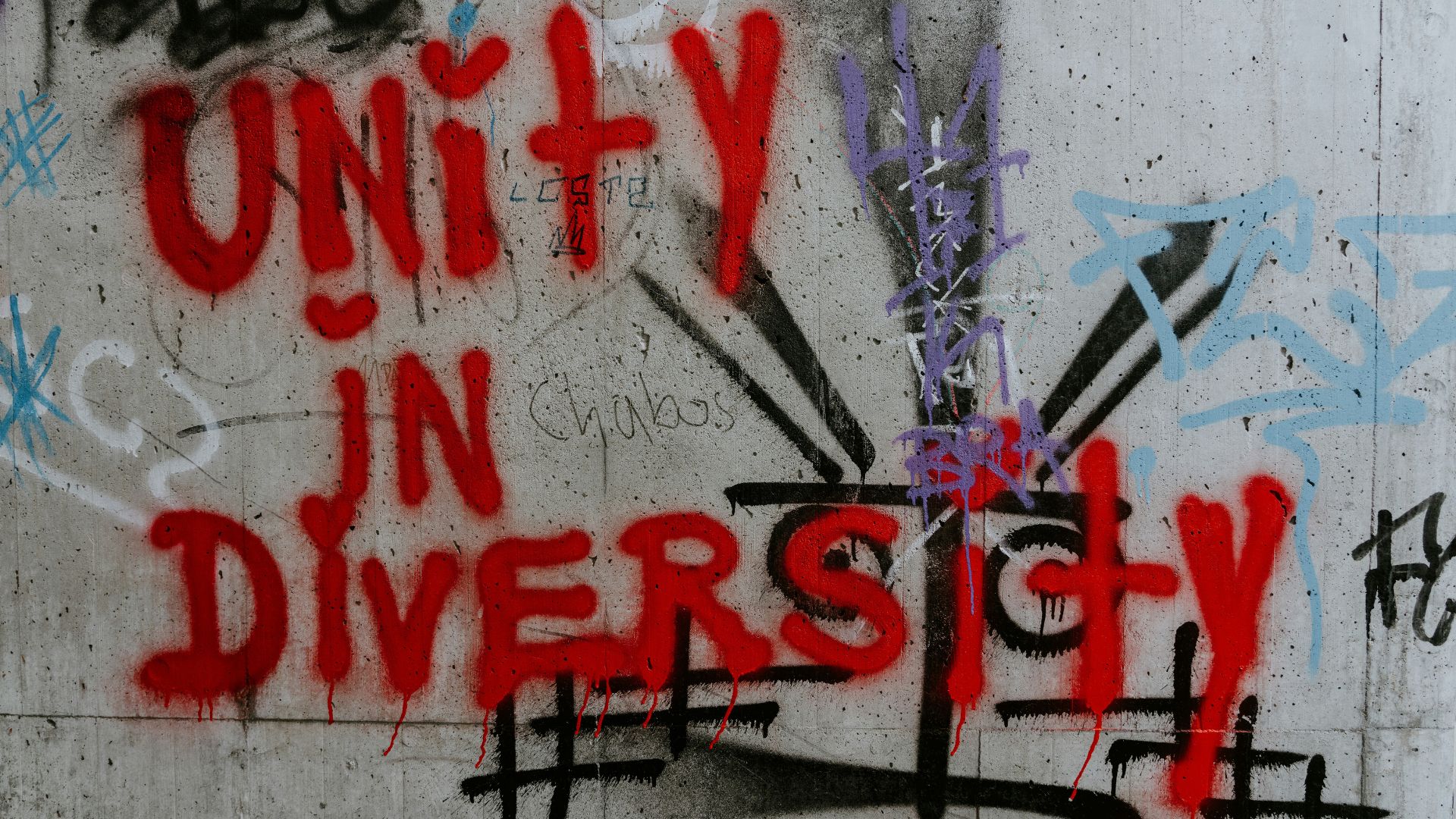
Recent legislative actions have already scaled back some DEI efforts, notably through the defunding of the U.S. House Office of Diversity and Inclusion.
This cut came as part of a broader federal spending bill aimed at avoiding a government shutdown, reflecting a downsizing in commitments to workplace diversity.
Democratic Rebuttal to the Bill
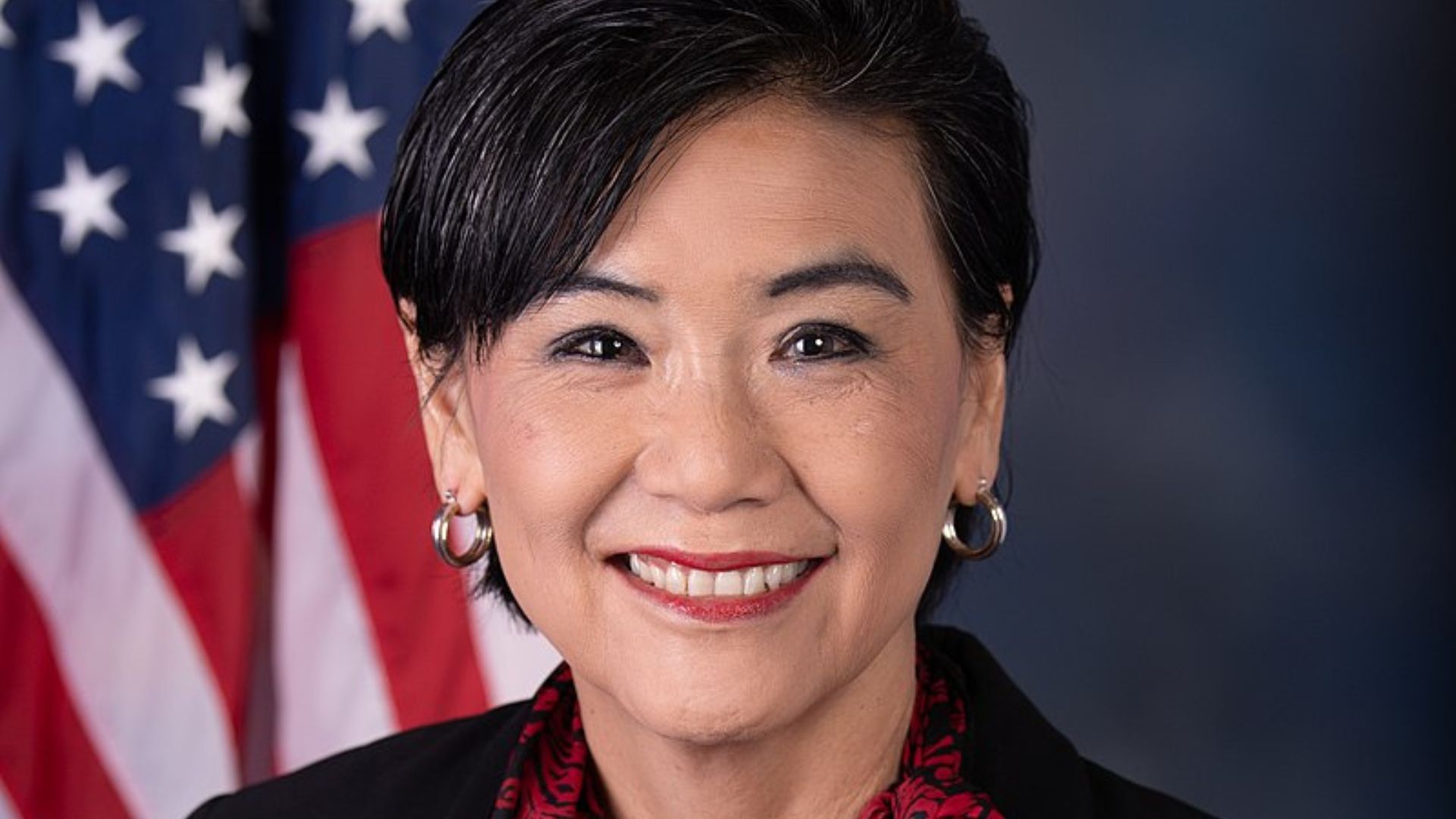
Representative Judy Chu vocally opposes the bill, stating it “denies the racist and xenophobic realities communities of color have faced in this country and the generational wounds these histories leave behind.”
Her powerful critique highlights the intense opposition the bill faces from Democrats.
Wider Social Repercussions
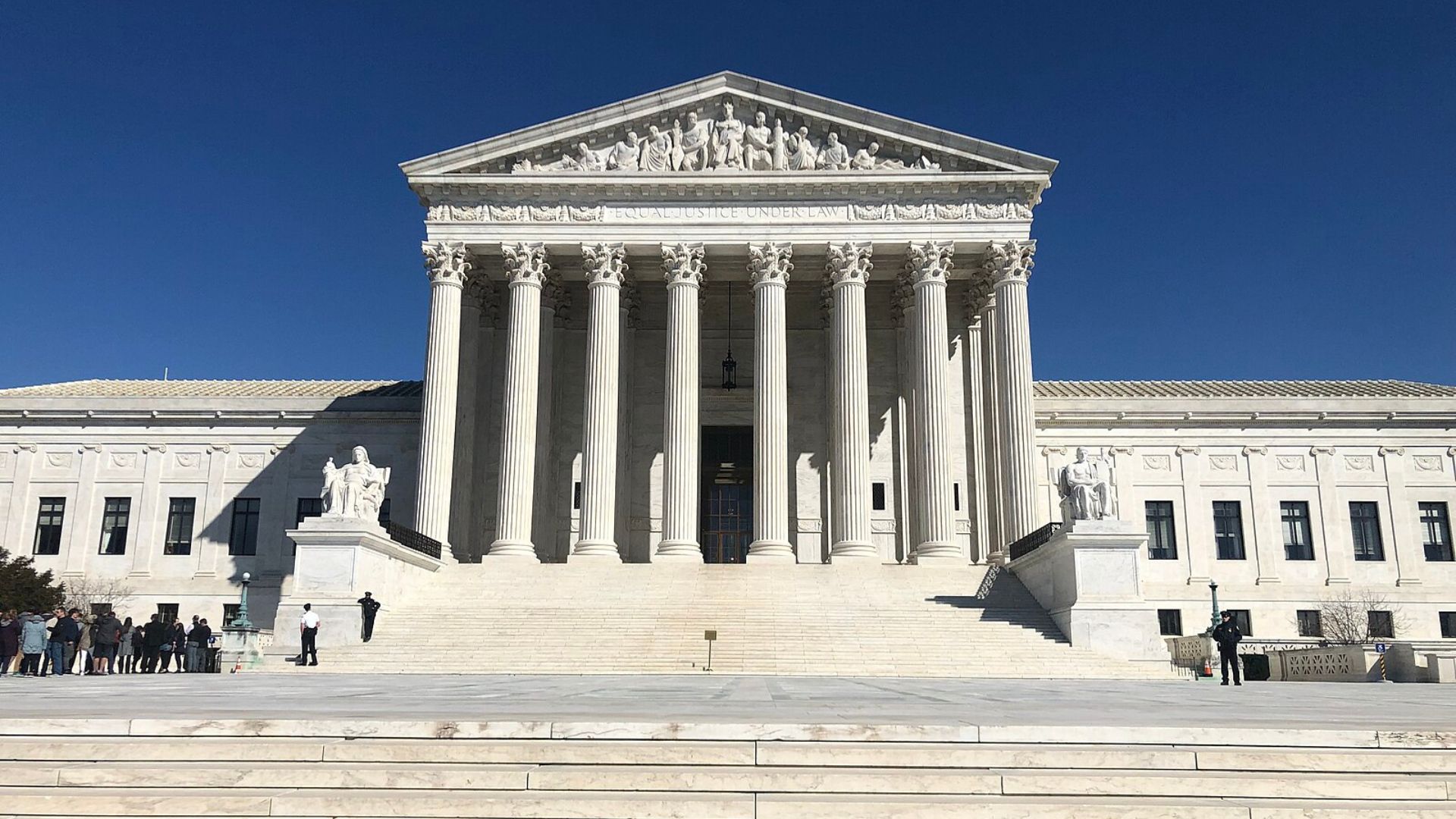
Representative Chu has also highlighted the bill’s potential to harm various communities, saying, “These unrelenting attacks on DEI programs, spurred on by the right-wing Supreme Court majority’s affirmative action decision, are not just misguided and counterproductive for our nation’s collective strength, they are direct assaults on communities of color, on women, on our LGBTQ communities, and many more.”
This illustrates the broader societal stakes involved in the legislative debate over DEI.
